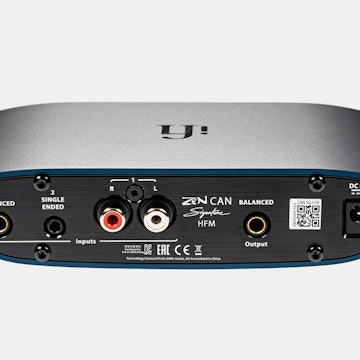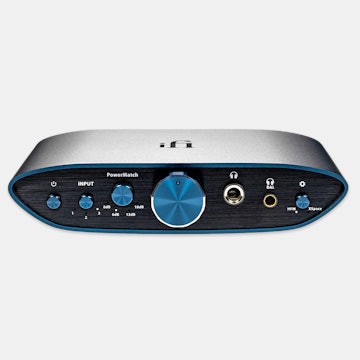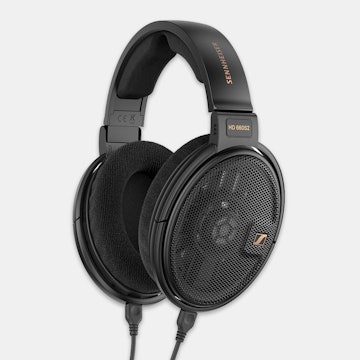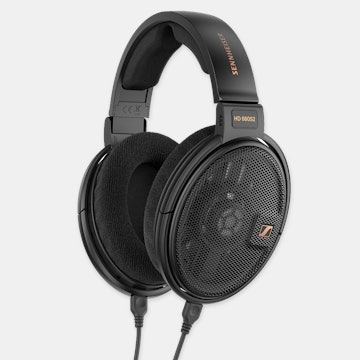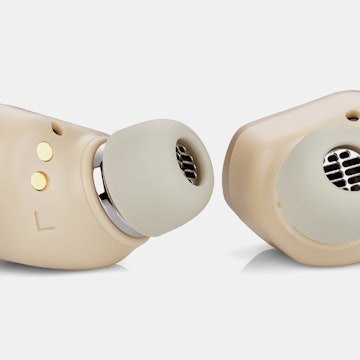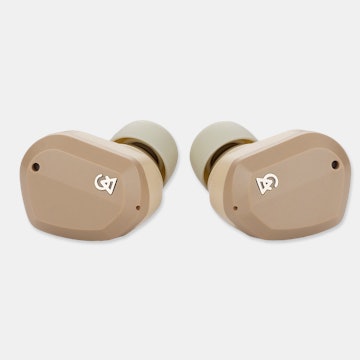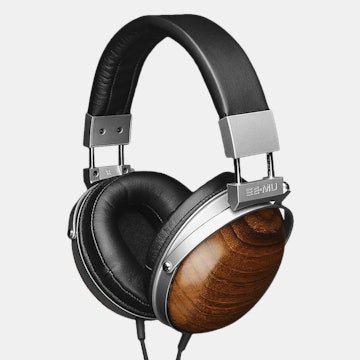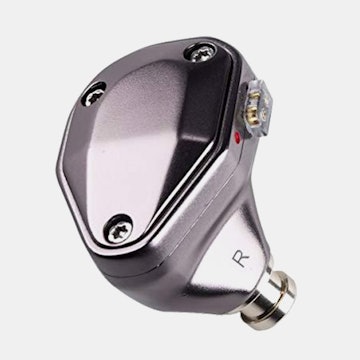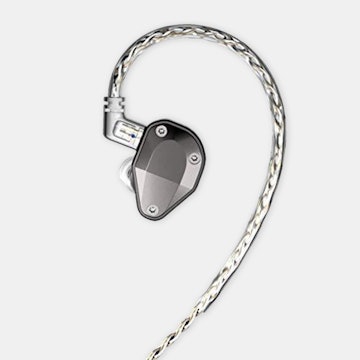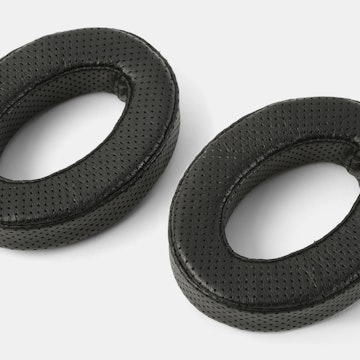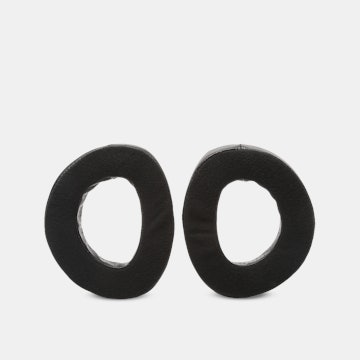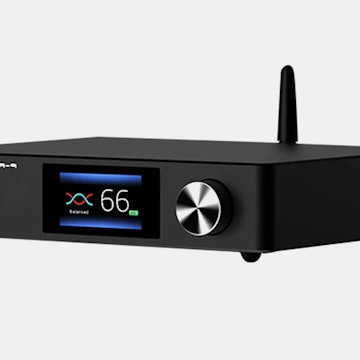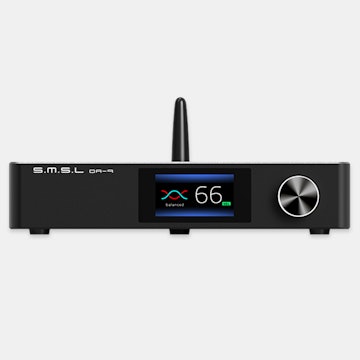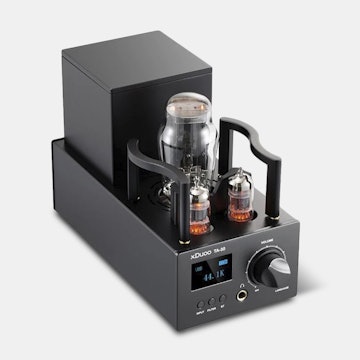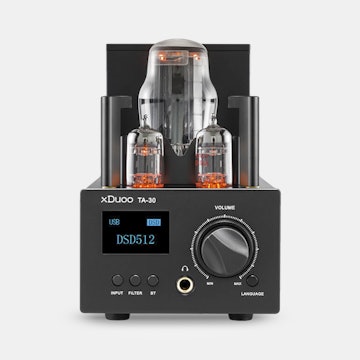Click to view our Accessibility Statement or contact us with accessibility-related questions









Showing 1 of 1589 conversations about:

labjr
11
Apr 10, 2019
bookmark_border
jm090There really wasn't a need to use a Class A/B amplifier in a headphone amp. What is being saved? A bit of heat? Or manufacturing $$$. Doing 40db of correction to a signal doesn't seem okay to me. But it's a way to make Class A/B sound good. THX-AAA circuits are a bit of a novelty so everyone is gaga over it right now, like a few years ago over Hypex Class D, modules because they were lightweight and output a lot of power for their size. But after the infatuation wore off, people realized they didn't sound quite right.
(Edited)
RhubarbXIV
4
Apr 12, 2019
bookmark_border
labjrModern class AB amplifier ICs almost beg the opposite question "why class A?" With negligible crossover distortion or other artefacts in the signal, the comparative benefit in sound quality is lost. So with no benefit to audio quality and compromise in size, heat, cost, etc. class AB is the way to go.
"40db of correction" isn't needed to make class AB sound good, but in the world of objective measurement competition it puts you at the top of pretty much any heap, far beyond the range of perception in most cases. If it needed that amount of correction to sound good, there would be something seriously wrong with the design of the power amp stage of this amp. This amp is designed to impress the guys at audio science review and it sure does so.
Now, I may be mistaken (bear in mind the last time I built an amp was a long time ago), but in classical feedforward designs, the amp driving the correction does indeed operate class A since its size doesn't require that much power due to it being a relatively smaller amp, and, vitally for feed-forward correction, is much faster than the more powerful AB amp doing the heavy lifting (higher slew rate). That AB power amp minus Auxiliary A correction provides lower distortion than a typical class A power amp of equivalent size alone in the audio use case as far as I know.
Can't speak for the THX 789 spec, though. Looks like they're using 1602A op amps, but I don't know the implementation- this level of design is beyond my pay grade. Based on measurements of this unit, it seems to beat most every class-A design I've seen on specs, not to mention cost/power consumption/size.
ridhuankim
669
Apr 17, 2019
bookmark_border
labjrThis whole climate change was triggered by everyone running class A amp. 15000 class A amp more and we lose all our iceberg.
JaBo
4
Apr 17, 2019
bookmark_border
ridhuankimThat will be the first time global warming sounds so good!
Only 0.000007% will be heard.

labjr
11
Apr 17, 2019
bookmark_border
RhubarbXIVTHX claims there's 40db of improvement. Any feedback or correction is probably audible. That's why designers like Nelson Pass use it sparingly. It's not always about measurements and specs. Who cares about wasted heat and power! It's only a headphone amp! I don't care about wasted power with my hi-fi amps. Class A all the way.

labjr
11
Apr 17, 2019
bookmark_border
ridhuankimIf you're afraid of burning power then buy a kazoo. But I'm running Class A amps, Hotter the better.
ridhuankim
669
Apr 17, 2019
bookmark_border
labjrI miss my Little Dot MK IV SE.
But now I fell in love with AAA 789.
RhubarbXIV
4
Apr 17, 2019
bookmark_border
labjrMy understanding is that feedback correction exists to cancel unwanted distortion from the signal- some of which may be audible, some may not. By the time you get to 40dB of correction in a competently designed amplifier, it's safe to say the majority of correction is for the engineers trying to one-up each other on THD+N graphs- it has no bearing on the listening experience.
The Pass Labs HPA-1 is an excellently designed amplifier in that it uses minimal feedback (the feedforward in the THX spec also serves to reduce the need for feedback). There's probably a couple reasons for this. I can speculate that:
1. Nelson Pass is a smart guy and doesn't feel a need to reduce distortion to a level below inaudible- what's the point? And,
2. Feedback really decreases the gain of an amp- if you're running class A things can get out of hand quickly when it comes to efficiency. The gain loss of feedback can add dramatically to the inefficiency of a class A amp, so to achieve a reasonable output gain, energy requirements increase dramatically- round numbers (ideal case)- easier to make up a few dB of gain on an amp doing ~80% efficiency than it is one one doing ~25-50%. So, for very practical reasons feedback is used sparingly in class A designs.
I've heard Pass Labs' HPA-1 and Benchmark's HPA4 (which has THX-888 topology)(original names, guys). They're about the same price. At matched levels, I can't tell them apart. I'm not even sure the power consumption is even all that different given the Pass Labs' limited use of feedback. The Benchmark beats the Pass on almost every objective measurement I know of (sometimes by orders of magnitude). But so does the Massdrop THX 789 (at 1/8 the price). I'm not sure that matters- I'm highly skeptical the differences are audible to any living human. Or, suspending my disbelief, if they are, that they would bother her.
I don't know Nelson Pass personally, but I'd love to know what kind of topology he'd use for an amp in collaboration with Massdrop at a sub-$400 price point. I'd buy the crap out of that amp.
The Pass Labs HPA-1 is something you hand down to your grandkids- I love it. The Benchmark HPA4 will get you high-fives from all your engineering buddies at your recently-acquired tech startup. This THX-789 (which, I admit, I haven't heard), is likely to give you a great listening experience if you dig the wire-with-gain style of amp. I'm in the latter category, in full disclosure my daily driver is a Benchmark DAC2 HGC.
Now, you may have a number of points I'm overlooking, and I don't know the landscape of consumer headphone amps half as well as anyone here- are there class A amps out there at this price point that measure well/sound good? I feel like I just don't see those around. I can kind of understand why, but I'm curious your thoughts.
RhubarbXIV
4
Apr 17, 2019
bookmark_border
labjrAlso, I just saw this, but this is probably an amp that would appeal to you more:
https://www.massdrop.com/buy/headamp-gilmore-lite-mk2-headphone-amp#overview
Kevin Gilmore is a great designer- this seems like exactly the kind of class A power you're looking for! (also available elsewhere if it never drops again)

labjr
11
Jul 29, 2019
bookmark_border
RhubarbXIVYou can build a headphone amp for about $200 which is designed by Wayne Colburn of Pass Labs. Supposed to be pretty good. https://www.diyaudio.com/forums/pass-labs/317803-whammy-pass-diy-headphone-amp-guide.html




